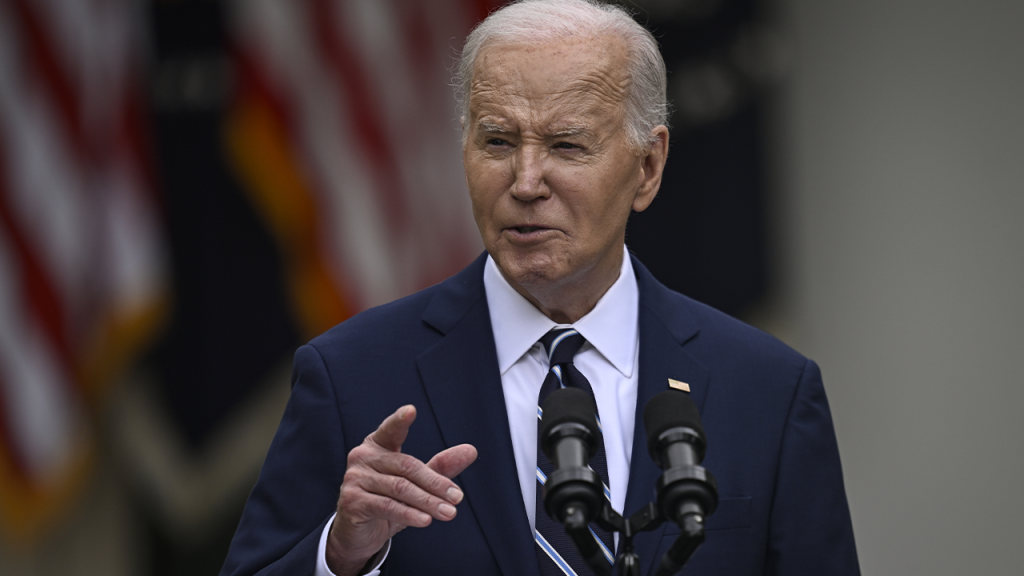The Biden administration has decided to move forward with sending Israel $1 billion worth of weapons, including tank ammunition, tactical vehicles, and mortar rounds. This decision comes after the White House briefly paused a shipment last week due to concerns about Israel’s planned ground invasion of Rafah. Israel has portrayed Rafah as the last stronghold of Hamas, despite warnings from the United States and other allies that a major operation there would have catastrophic consequences for civilians.
Reports of the Biden White House keeping ‘sensitive’ Hamas intel from Israel have drawn outrage from various parties. The decision to withhold this information indicates a strained relationship between the two allies. The White House’s decision to pause a weapons shipment last week was also seen as a sign of growing discontent with Israel’s military actions. This is a developing story, and updates are expected as the situation continues to unfold.
The weapons package to be sent to Israel will include $700 million in tank ammunition, $500 million in tactical vehicles, and $60 million in mortar rounds. The decision to go ahead with this shipment despite concerns over Israel’s military actions in Rafah reflects the United States’ longstanding support for Israel. However, there are also concerns about the impact of these weapons on the ongoing conflict and the civilian population caught in the crossfire.
Israel’s portrayal of Rafah as the last stronghold of Hamas has raised concerns about the potential for a major operation in the area. The United States and other allies have warned Israel about the consequences of such an operation for civilians. The decision to send $1 billion worth of weapons to Israel in this context raises questions about the Biden administration’s approach to the conflict and its commitment to protecting civilians. As the situation continues to develop, it will be important to monitor how the weapons shipment and Israel’s military actions in Rafah unfold.
The decision to keep ‘sensitive’ Hamas intel from Israel indicates a breakdown in communication between the two allies. This lack of transparency has drawn criticism and outrage from various parties. The strained relationship between the United States and Israel is evident in the White House’s decision to pause a weapons shipment and withhold information on Hamas activities. The ongoing conflict in the region requires clear communication and coordination between allies to ensure a peaceful resolution and the protection of civilians caught in the crossfire.
As the situation continues to develop, it will be important to monitor how the Biden administration’s decision to send $1 billion worth of weapons to Israel impacts the conflict in the region. The decision to move forward with this shipment despite concerns about Israel’s military actions in Rafah raises questions about the United States’ approach to the conflict and its commitment to protecting civilians. The ongoing conflict between Israel and Hamas highlights the complex and volatile nature of the region, and the need for careful diplomacy and international cooperation to reach a lasting peace settlement.


